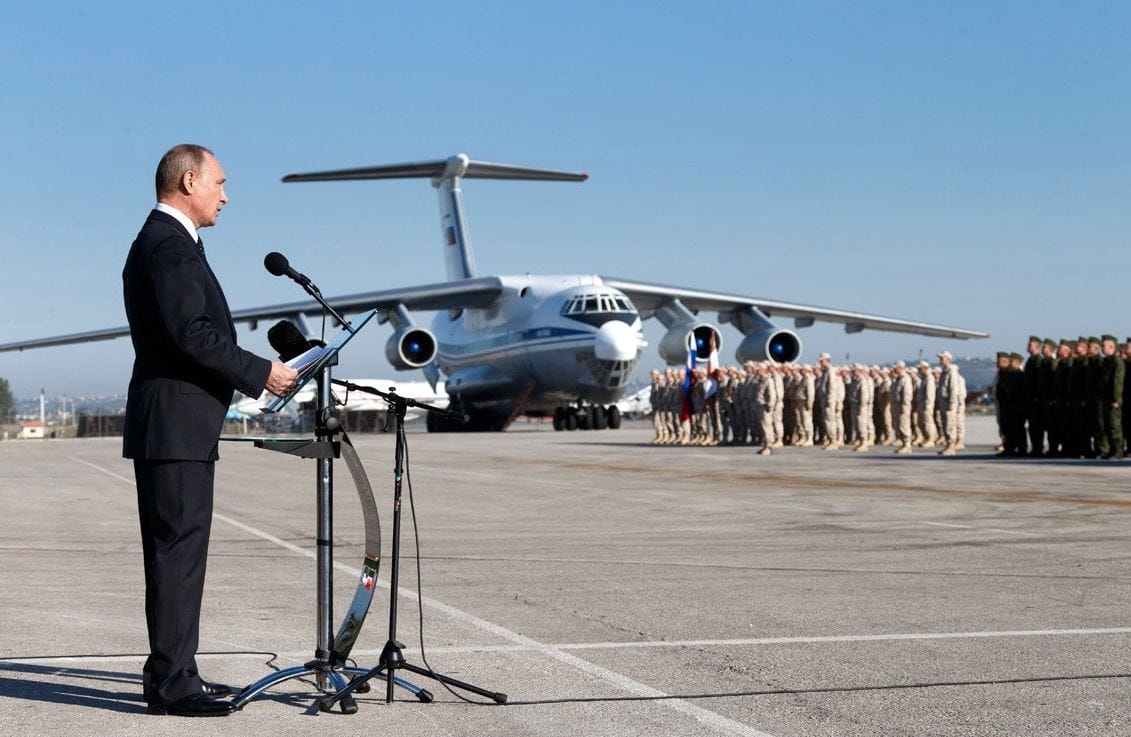The Syrian civil war, which has ravaged the country for over a decade, has taken a significant turn in recent months. The regime of Bashar al-Assad, once thought to be on the brink of collapse, has seen its authority erode further, with opposition forces making significant gains in key regions. As the situation on the ground continues to deteriorate, Russia’s role in the conflict has come under increasing scrutiny.
Moscow has long been a key backer of the Assad regime, providing military and economic support in an effort to maintain its influence in the region. However, as the conflict has dragged on, Russia’s efforts to prop up its ally have been hindered by a range of factors. The increasing involvement of other regional and international actors, including the United States, Turkey, and Iran, has complicated the situation, making it more difficult for Russia to achieve its goals.
Furthermore, the Syrian regime’s own weaknesses have limited Russia’s ability to exert influence. Assad’s government has long been criticized for its human rights abuses and corruption, making it a difficult partner for Russia to work with. The regime’s reliance on militias and other irregular forces has also created tensions with Russia, which has sought to professionalize the Syrian military.
Despite these challenges, Russia has continued to try to assert its influence in Syria. In recent months, Moscow has increased its military presence in the country, deploying troops and equipment to key regions. However, these efforts have been hindered by the complexities of the conflict, and Russia’s ability to achieve its goals has been limited.
The implications of Russia’s struggles in Syria are significant. Moscow’s failure to prop up the Assad regime has exposed the limitations of its global ambitions, highlighting the challenges it faces in exerting influence in regions where it has limited leverage. This has significant implications for Russia’s relations with other countries, particularly in the Middle East, where it has sought to expand its influence in recent years.
The United States, in particular, has taken note of Russia’s struggles in Syria. Washington has long been critical of Moscow’s support for the Assad regime, and has sought to counter its influence in the region. The U.S. has provided significant support to opposition forces in Syria, and has worked to build a coalition of regional and international actors to counter Russia’s influence.
Turkey has also played a significant role in the conflict, providing support to opposition forces and working to counter Russia’s influence. Ankara’s relations with Moscow have been strained in recent years, particularly over the issue of Syria, and the two countries have clashed on a number of occasions.
Iran, which has long been a key backer of the Assad regime, has also sought to expand its influence in Syria. Tehran has provided significant military and economic support to the regime, and has worked to build a network of allies and proxies in the region. However, Iran’s influence in Syria has been limited by the complexities of the conflict, and its relations with Russia have been strained at times.
The future of the Syrian conflict remains uncertain, with a range of different scenarios possible. However, one thing is clear: Russia’s influence in the region has been limited by the complexities of the conflict, and its ability to achieve its goals has been hindered by a range of factors. As the situation on the ground continues to evolve, it remains to be seen how Russia will adapt to these challenges, and what implications this will have for its global ambitions.
In conclusion, the Syrian regime’s crumbling authority has exposed the limitations of Russia’s global ambitions, highlighting the challenges it faces in exerting influence in regions where it has limited leverage. As the conflict continues to evolve, it remains to be seen how Russia will adapt to these challenges, and what implications this will have for its relations with other countries in the region.

